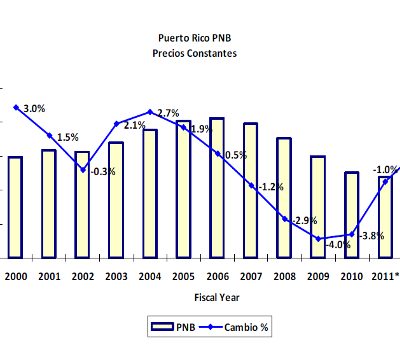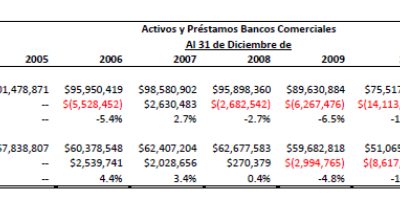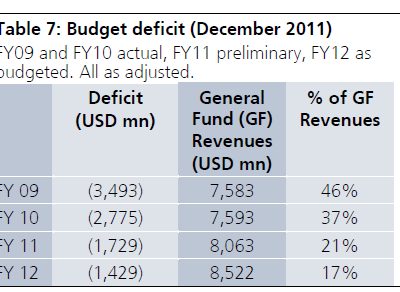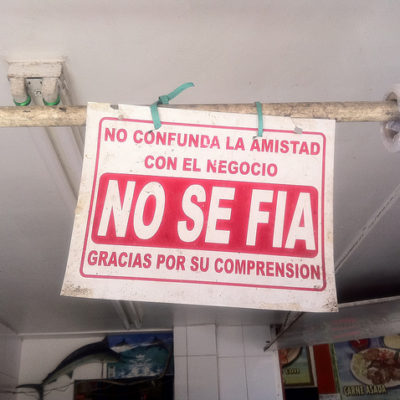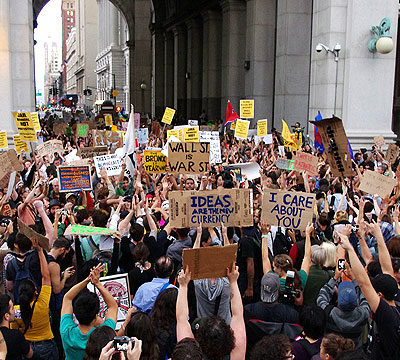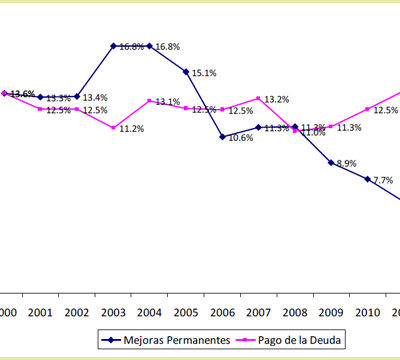Modelos económicos
A menudo escuchamos en nuestro debate público que Puerto Rico necesita un “nuevo modelo económico”. Sin embargo, nadie explica que quiere decir cuando habla de un “modelo económico”. En las ciencias sociales un modelo es una representación abstracta de la realidad que nos permite entender y explicar esa realidad; es como un mapa que nos ayuda a llegar de un lugar a otro.

